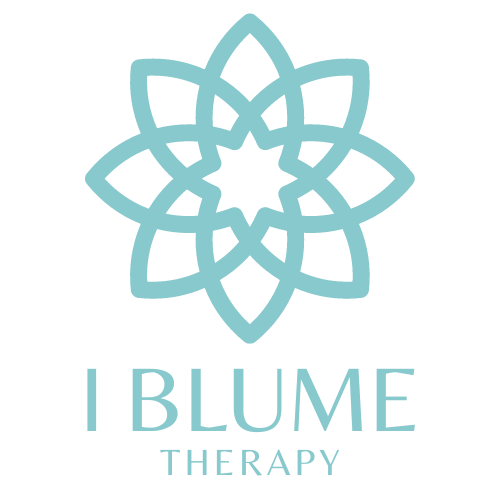Addiction can feel like a dark tunnel with no end in sight, but here’s the truth: recovery is possible, and the light at the end of that tunnel is brighter than you might think. overcoming addiction
Whether you’re just beginning your journey or are continuing down the path of recovery, understanding the crucial role of therapy—and how it integrates with other treatment options and support strategies—can empower you to overcome addiction.
Let’s explore this journey together!
Understanding Addiction: More Than Just a Habit
Addiction is a complex condition that affects not only the individual but also their relationships, mental health, and overall well-being.
It can stem from various factors, including genetic predispositions, environmental influences, and underlying mental health issues. Recognizing that addiction is not simply a matter of willpower is key to understanding the importance of comprehensive treatment.
The Role of Therapy in Recovery
Therapy serves as a vital component of addiction recovery, offering a safe space to explore emotions, triggers, and patterns of behavior.
Here are some effective therapeutic approaches that can help:
1. Cognitive Behavioral Therapy (CBT)
CBT is a widely used method in addiction treatment.
It focuses on identifying and changing negative thought patterns and behaviors associated with substance use. By learning to challenge and replace these thoughts, individuals can develop healthier coping mechanisms that support their recovery.
2. Motivational Interviewing (MI)
MI is designed to enhance an individual’s motivation to change. Through open-ended questions and reflective listening, therapists help clients explore their ambivalence about recovery, ultimately empowering them to commit to their goals.
3. Dialectical Behavior Therapy (DBT)
DBT is particularly helpful for individuals struggling with intense emotions and impulsive behaviors often linked to addiction.
This approach combines cognitive-behavioral techniques with mindfulness practices, teaching clients how to manage distress and improve emotional regulation.
Beyond Therapy: A Holistic Approach to Recovery
While therapy is crucial, it’s just one piece of the puzzle. overcoming addiction
A comprehensive approach to addiction recovery includes various treatment options and ongoing support strategies. Here’s how they fit together:
1. Support Groups
Joining a support group, such as Alcoholics Anonymous (AA) or Narcotics Anonymous (NA), can provide invaluable community support. Sharing experiences and connecting with others facing similar challenges fosters a sense of belonging and accountability, which can be critical in recovery.
2. Medication-Assisted Treatment (MAT)
For some individuals, medication can play a vital role in recovery.
MAT combines medications with therapy to treat addiction effectively, particularly for substances like opioids or alcohol. Working closely with a healthcare provider ensures that the chosen approach aligns with individual needs.
3. Holistic Therapies
Incorporating holistic therapies—such as yoga, meditation, or art therapy—can enhance recovery by promoting overall well-being. These practices encourage self-awareness, reduce stress, and provide new outlets for self-expression, helping individuals reconnect with themselves in a positive way.
Success Stories: Real Journeys to Recovery
Hearing success stories can be a powerful motivator for anyone on the path to recovery. Here are a couple of inspiring examples:
1. Mark’s Transformation
Mark struggled with alcohol addiction for years, feeling trapped in a cycle of shame and self-doubt. Through a combination of CBT and group therapy, he began to understand the root causes of his addiction. overcoming addiction
By embracing a holistic approach that included mindfulness practices, Mark not only overcame his dependence on alcohol but also found joy in life again. He now volunteers to support others in their recovery journey.
2. Sarah’s New Chapter
Sarah faced addiction to prescription painkillers after a surgery.
Initially hesitant to seek help, she eventually enrolled in a comprehensive treatment program that included MI and family therapy. Through this process, Sarah rebuilt her relationships and discovered healthier coping mechanisms. Today, she shares her story to inspire others, proving that recovery is indeed possible.
Ongoing Support: Navigating the Long Road Ahead
Recovery from addiction doesn’t end after treatment; it’s a lifelong journey. Here are some practical strategies for maintaining progress:
1. Set Realistic Goals
Setting achievable goals can provide direction and motivation. Celebrate small victories along the way, and remember that setbacks are a natural part of the journey.
2. Build a Support Network
Surround yourself with supportive friends, family, and peers who understand your journey. Regular check-ins with a therapist or support group can help maintain accountability and connection. overcoming addiction
3. Practice Self-Care
Prioritize self-care as a critical component of your recovery. Engage in activities that nourish your mind, body, and soul, whether it’s through exercise, hobbies, or simply taking time to relax.
Embracing the Journey
The road to overcoming addiction is often winding and filled with challenges, but it’s also a path of growth, healing, and discovery..
Ready to Start Your Recovery Journey?
At I Blume, we’re here to support you every step of the way.
Our team of compassionate professionals is dedicated to helping you find the right approach to recovery that suits your unique needs. Don’t hesitate to reach out—we believe in your strength and potential for a brighter future!

